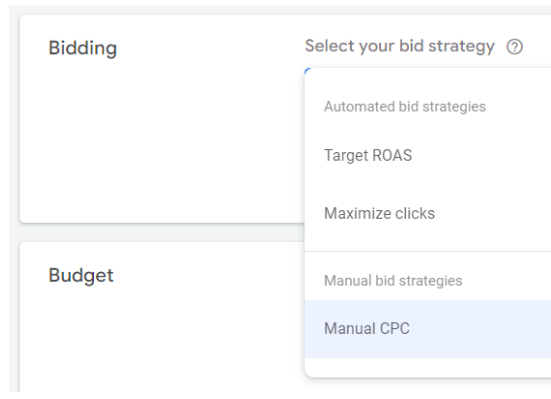There’s been a lot of excitement lately about how AI can revolutionize marketing by enhancing customer experiences and boosting productivity. But to truly unlock its potential, it’s essential to understand how AI works and how to implement it effectively.
AI for Enhanced Marketing in eCommerce
AI is a powerful ally for marketers, particularly through a technique called lookalike modeling. This technology identifies your top customers’ shared traits and characteristics, allowing you to target new customers who are likely to be interested in your products or services. It’s a game-changer for reaching the right audience with precision.
If you’re lacking the necessary data, AI can help. AI can pinpoint key insights and trends by refining your data collection methods and analyzing vast amounts of information. This enables your team to tailor marketing strategies that are more effective and results-driven.
AI systems are designed to be user-friendly, and the more marketing teams engage with natural language prompts, the better the systems become at understanding and generating specific requests. As the quality of prompt outputs improves, so does the potential to reach a wider audience. Tailored content becomes more effective, attracting a broader spectrum of customers.
Tracking AI Marketing Analytics
- Attribution Modeling 📊
AI-driven attribution modeling assigns credit to various marketing touchpoints, providing insights into the effectiveness of different channels and campaigns. This helps marketers understand which strategies are driving desired outcomes, allowing for more informed decision-making.
- Performance Insights 📈
AI provides comprehensive insights into the effectiveness of marketing strategies and campaigns. By analyzing data, AI can highlight what’s working and what’s not, offering actionable recommendations to optimize performance.
- Customer Insights 🔍
AI analyzes customer data to predict behaviors such as the likelihood of churn or purchase. It can also suggest the next best action for personalized engagement and retention strategies, enhancing customer experiences and boosting loyalty.
The Future of AI in Marketing
In the coming years, AI will play a larger role in marketing by predicting trends and using first-party data to generate customer-focused content. Expect increased emphasis on security and data protection as customers demand more trustworthiness. AI may also transform the entire marketing process by automating content creation and campaign management while keeping human oversight.











Leave feedback about this